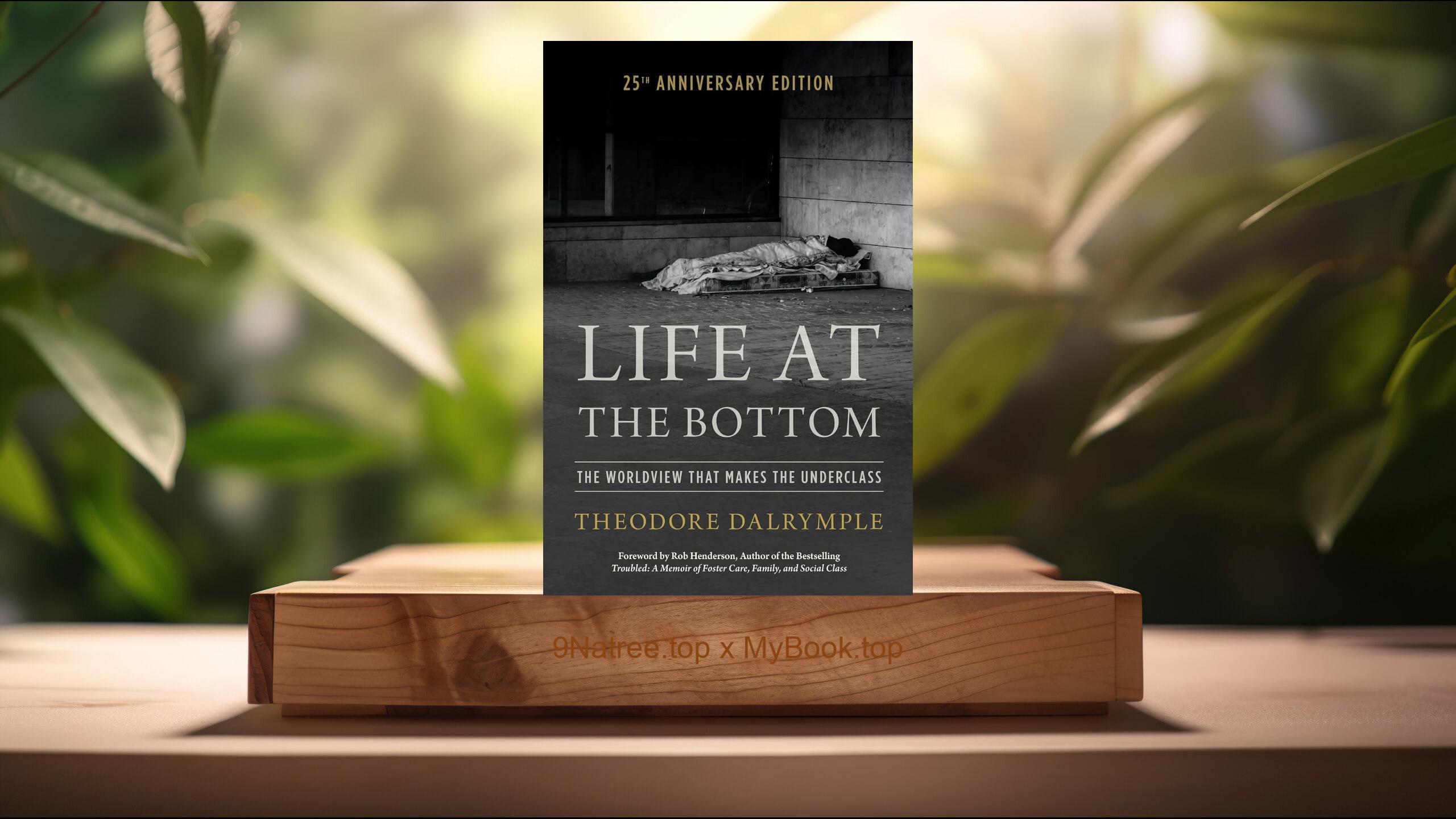Show Notes
Buy on Amazon: https://www.amazon.com/dp/B0983L6T32?tag=9natree-20
Read more: https://mybook.top/read/B0983L6T32/
#Mentalhealthstrategies #Emotionalwellbeing #Copingskillsforanxiety #Buildingresilience #Selfcarepractices #Interpersonalrelationships #Selfcompassion #WhyHasNobodyToldMeThisBefore
These are takeaways from this book.
Firstly, Understanding Mental Health, A foundational topic Dr. Julie Smith addresses is the understanding of mental health itself. She demystifies psychological concepts and stresses the importance of recognizing and accepting one’s mental health status as the first step towards improvement. Dr. Smith skillfully breaks down complex psychological barriers to make mental health more approachable. Through enlightening explanations and engaging examples, she conveys that mental health is fluid and multidimensional, akin to physical health. The emphasis on early detection and proactive measures in maintaining mental wellness is a recurring theme. This section acts as a pivotal starting point for readers, empowering them with the knowledge to identify signs of mental distress and the encouragement to seek appropriate help or interventions.
Secondly, Coping Skills for Anxiety and Depression, One of the most impactful sections of the book delves into practical coping strategies for managing anxiety and depression, two of the most common mental health issues plaguing society today. Dr. Smith provides readers with a treasure trove of techniques grounded in cognitive-behavioral therapy (CBT) and mindfulness practices. She explains how the mind's natural tendencies to ruminate or catastrophize can be mitigated through mindfulness exercises and reframing thoughts. Each strategy proposed is backed by evidence and is presented in a way that is accessible to readers, regardless of their prior knowledge of psychological therapies. This discussion doesn’t just stop at immediate coping mechanisms; it also explores long-term strategies for building resilience and maintaining mental well-being.
Thirdly, Building Resilience, Resilience, the ability to recover quickly from difficulties, is another cornerstone topic of the book. Dr. Smith outlines practical steps to nurture resilience, emphasizing the role of mindset, social connections, and self-care. She delves into how resilience can buffer against mental health struggles and provides readers with actionable advice to cultivate a resilient mindset. Through engaging stories and exercises, Dr. Smith highlights how resilience can be built up over time through consistent practice and reflection. She also addresses the common pitfalls that can undermine resilience, offering strategies to avoid or overcome them. This section is a powerful reminder of the human capacity for overcoming adversity with the right tools and mindset.
Fourthly, Navigating Relationships, Dr. Smith dedicates a crucial section of the book to navigating relationships – an integral part of emotional well-being. She explores how interpersonal relationships can impact mental health, offering insights into how to maintain healthy connections with those around us. From setting boundaries to effective communication strategies, this part of the book provides readers with keys to improving their relationships and, by extension, their mental health. Dr. Smith uses examples from therapy and research to illustrate how cultivating positive relationships can serve as a buffer against mental health issues. The emphasis on empathy, understanding, and mutual respect is evident throughout, underscoring the importance of strong relationships in fostering emotional well-being.
Lastly, Self-Care and Self-Compassion, The final notable topic Dr. Smith addresses is the practice of self-care and self-compassion. In a world that often prioritizes productivity over well-being, Dr. Smith’s message is clear: Taking care of oneself is not selfish but necessary for emotional health. She explains the difference between self-care and indulgence, providing practical tips for incorporating self-care routines into everyday life. Importantly, Dr. Smith discusses self-compassion as a critical component of self-care, encouraging readers to treat themselves with the same kindness and understanding they would offer to a friend. Through exercises and reflections, this section equips readers with the tools to build a healthier relationship with themselves, promoting an overall sense of well-being.
In conclusion, ‘Why Has Nobody Told Me This Before?’ is a book that holds universal appeal, resonating with anyone interested in improving their mental health, whether they are dealing with specific challenges or simply seeking to maintain their well-being. Dr. Julie Smith's compassionate approach and practical insights make this book a valuable resource for those new to mental health topics, as well as for those with more knowledge. It serves as a gentle guide for navigating the intricacies of the mind and emotions, providing readers with the tools needed to face life’s challenges with resilience and grace. Ultimately, this book stands out as a compelling argument for the importance of mental health education, empowering readers to take charge of their emotional well-being. Reading it can benefit anyone by providing a deeper understanding of oneself, improving relationships, and cultivating a balanced approach to life’s ups and downs.
![[Review] Why Has Nobody Told Me This Before? (Julie Smith) Summarized](https://episodes.castos.com/660078c6833215-59505987/images/1745272/c1a-085k3-p8d5510kbqrk-izdpen.jpg)




